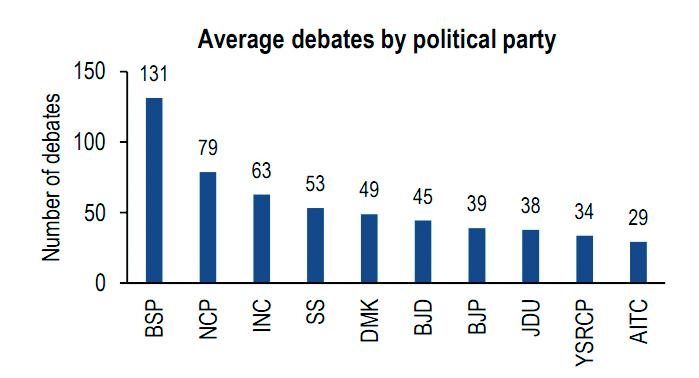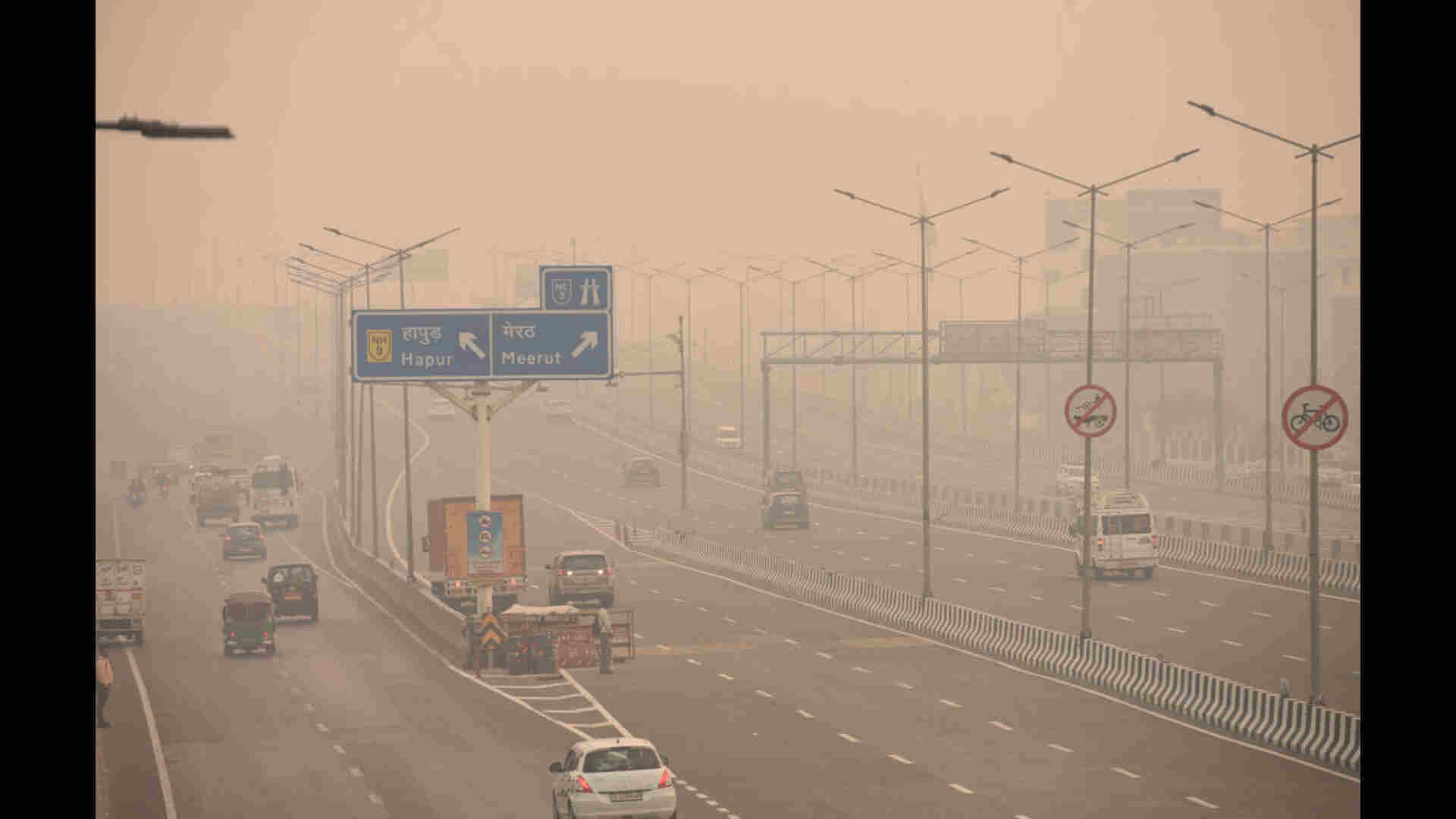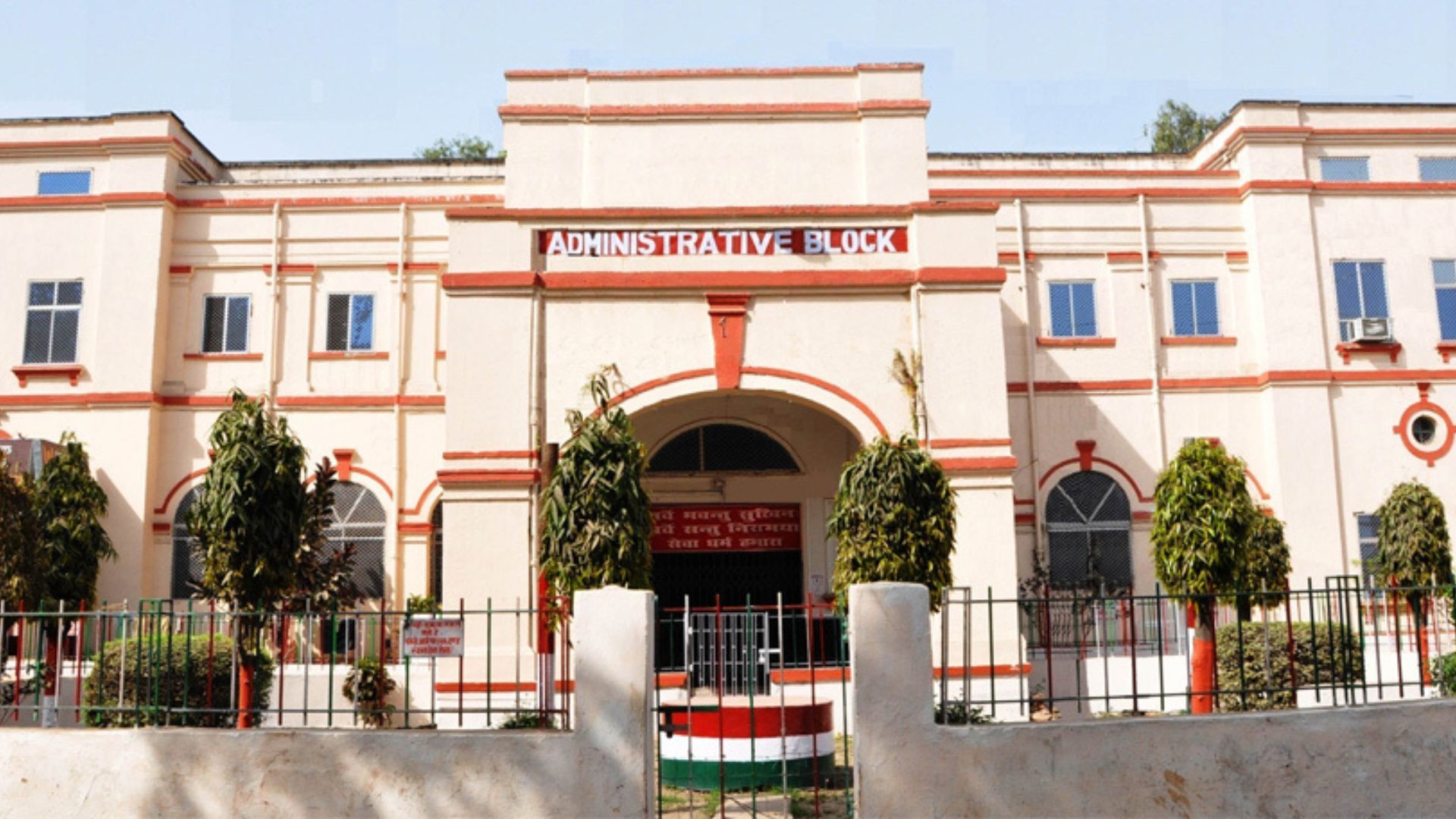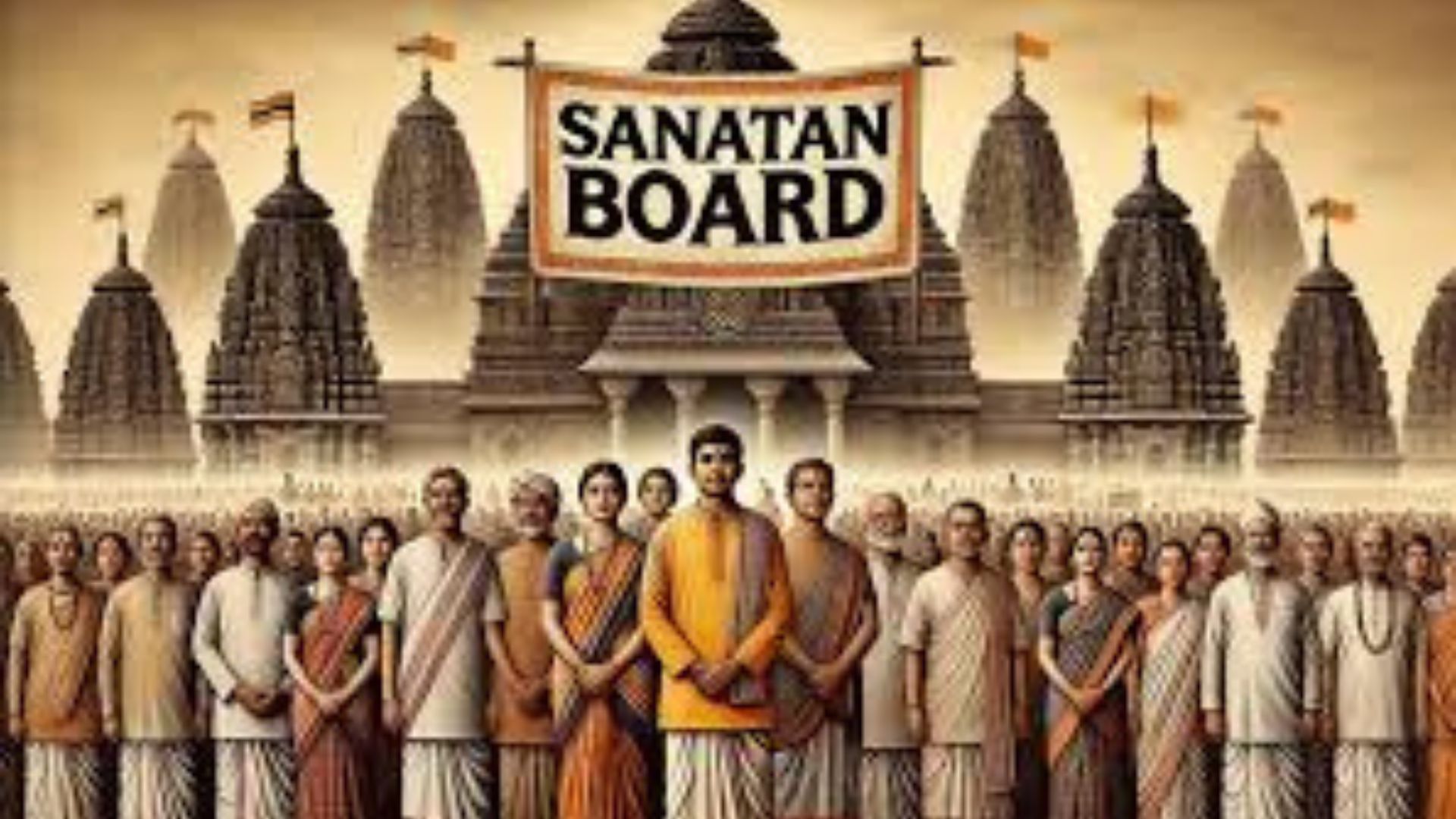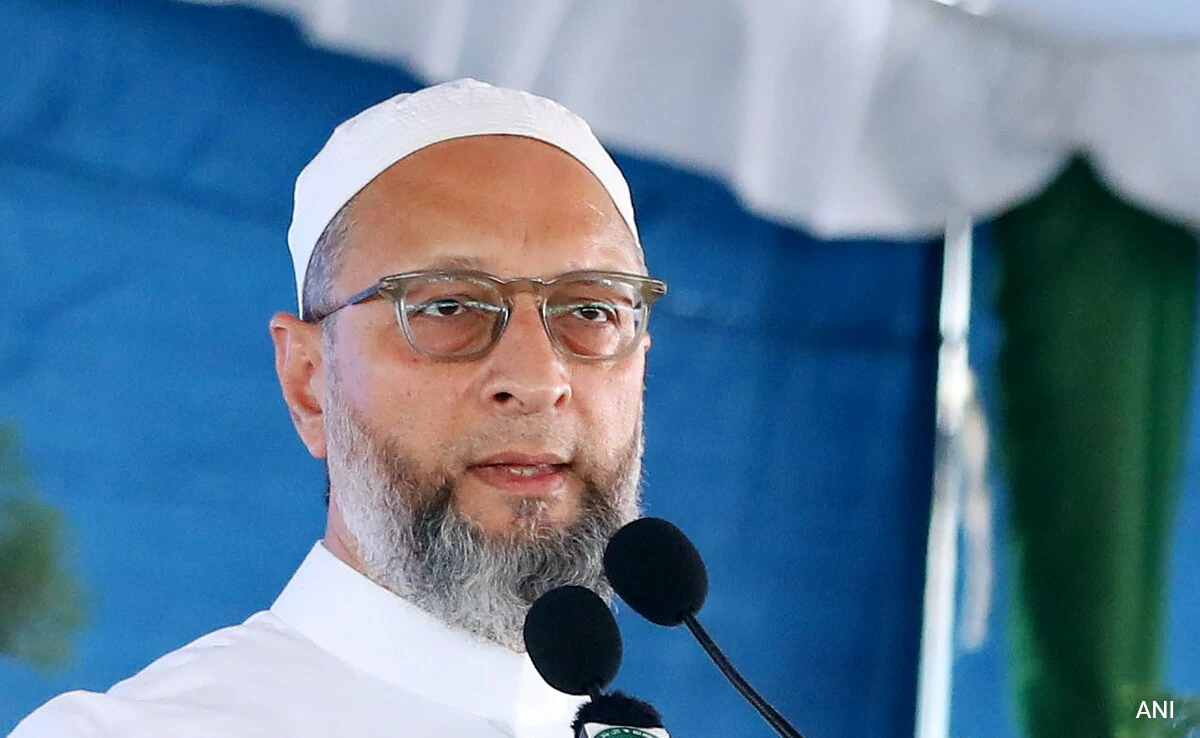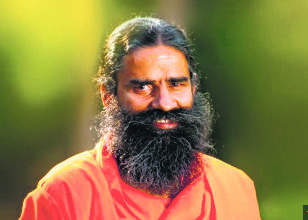The 17th Lok Sabha conducted its sessions from June 2019 to February 2024, encompassing a period of almost five years. This Lok Sabha held a total of 274 sittings, marking the lowest number among all previous full-term Lok Sabhas. The data also indicates that approximately 15% of the Members of Parliament (MPs) in this Lok Sabha are women. Additionally, half of the MPs in the 17th Lok Sabha are below 60 years of age.
It’s noteworthy that ministers, as well as the Speaker, have specific roles that impact their parliamentary activities. Ministers, for instance, do not participate in asking questions or introducing private member bills. Instead, they primarily represent the government’s stance during debates.
On average, about 5%-7% of Lok Sabha members serve as ministers at any given time. This note sheds light on the participation patterns of Lok Sabha MPs during the 17th Lok Sabha, providing insights into various aspects of their roles and demographics.
On average, MPs participated in 45 debates
Members of Parliament (MPs) from different political parties actively engage in debates on various aspects of government business, including bills and budgets. They also initiate and participate in discussions on issues of public interest. On average, MPs took part in 45 debates during the 17th Lok Sabha.
Interestingly, three MPs were particularly prolific, participating in over 500 debates each.
There is some variation in participation levels between female and male MPs. On average, female MPs participated in 39 debates, while their male counterparts engaged in 46 debates.
When it comes to regional representation, MPs from Kerala and Rajasthan exhibited the highest average participation in debates. Following closely behind were MPs from Uttar Pradesh, Maharashtra, and Jharkhand. This data provides insights into the active engagement of MPs from different regions and genders in parliamentary debates during the 17th Lok Sabha.
Few MPs introduced Private Members Bills
Members of Parliament (MPs) who are not serving as ministers have the opportunity to introduce legislation in the form of Private Members’ Bills (PMBs). Throughout the 17th Lok Sabha, a total of 729 PMBs were introduced, averaging 1.5 PMBs per MP.
Interestingly, a significant majority of MPs, approximately 73%, did not introduce any PMBs during the 17th Lok Sabha. There is a slight gender difference in the introduction of PMBs, with male MPs introducing more on average (1.6) compared to their female counterparts (1.0). This data sheds light on the legislative activities of MPs who are not part of the government in terms of bill introductions during the specified parliamentary period. In conclusion, the analysis of the 17th Lok Sabha’s parliamentary sessions provides valuable insights into the functioning and participation patterns of Members of Parliament (MPs). The Lok Sabha held 274 sittings, recording the lowest among all previous full-term Lok Sabhas, spanning from June 2019 to February 2024.
MPs actively engaged in debates, with an average participation of 45 debates per MP. Notably, three MPs participated in over 500 debates each. The gender and regional variations in debate participation underscore the diverse and dynamic nature of parliamentary discussions.
The education level of MPs also influenced their participation, with those holding higher degrees participating more actively in debates.
Overall, this comprehensive analysis sheds light on the multifaceted roles, engagement levels, and demographic aspects of MPs during the 17th Lok Sabha, contributing to a better understanding of the parliamentary dynamics during this period.

